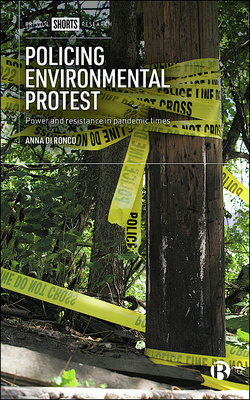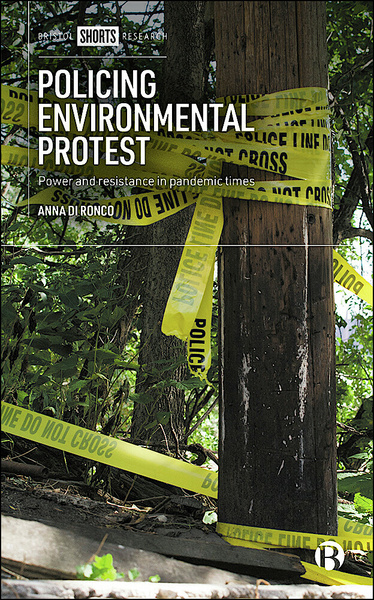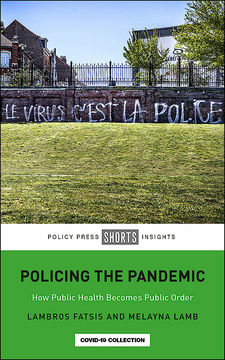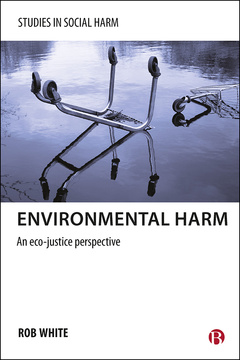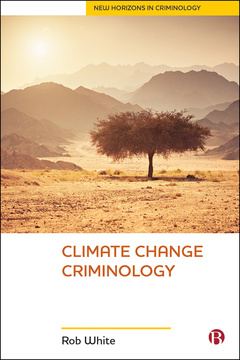Published
Jun 14, 2023Page count
146 pagesISBN
978-1529228755Dimensions
203 x 127 mmImprint
Bristol University PressPublished
Jun 14, 2023Page count
146 pagesISBN
978-1529228762Dimensions
203 x 127 mmImprint
Bristol University PressPublished
Jun 14, 2023Page count
146 pagesISBN
978-1529228762Dimensions
203 x 127 mmImprint
Bristol University PressThis book addresses the policing and social control of eco–justice movements during the COVID–19 pandemic, as well as activist practices of resistance during the same period. It is based on extensive ethnographic fieldwork in Trento, Italy, focusing on two eco–justice groups opposing a high–speed railway and the containment of wild bears.
Rooted in critical, green, cultural and sensory approaches within criminology, the book discusses the intensification of policing strategies against eco–justice protesters during the pandemic and their increased exclusion from urban centres. Highlighting activists’ radical and transformative practices of resistance, the book identifies directions for future critical and green criminological research in the area.
“Anna Di Ronco regales us with a delightful twist: her new book moves critical criminology decidedly towards the study of conflict and social change. A pathbreaking move that should reinvigorate us all.” Vincenzo Ruggiero, Middlesex University
“Policing Environmental Protest exemplifies the ways in which activist voices can be amplified within critical green criminology to push for more public engagement with radical imaginaries of the future. Drawing on autoethnographic fieldwork with eco-justice movements during the pandemic, Di Ronco’s research showcases activist efforts to promote visual and performative messages of resistance and provide alternative images of more sustainable ways of living, even amidst increasing criminalization of dissent. Exposing the formidable potential of eco-justice movements to fight for social change in novel ways that effectively challenge state and corporate power and inspire further activism, this book is essential reading for activists and academics alike.” Elizabeth A. Bradshaw, Central Michigan University
“In this book, Anna Di Ronco draws on extensive fieldwork conducted in Trento, Italy, during the COVID-19 pandemic, to expose how ‘eco-justice’ activists were policed more intensively during a global public health crisis. Integrating critical criminology, green cultural criminology and sensory criminology, Di Ronco’s book is both a case study of policing and social control of urban protest, and a forward-looking treatise for those horrified by the destruction of the environment by those in positions of power.” Avi Brisman, Eastern Kentucky University.
Anna Di Ronco is Senior Lecturer and Director of the Centre for Criminology at the University of Essex.
Introduction
1. Flexing the Muscles of Power: Policing Urban Eco-Justice Activism During the Pandemic
2. Power, Consumption, Disorder and Protest in Inner-City Centres
3. Atmospheres of Eco-Justice Resistance during the Pandemic
Conclusion







